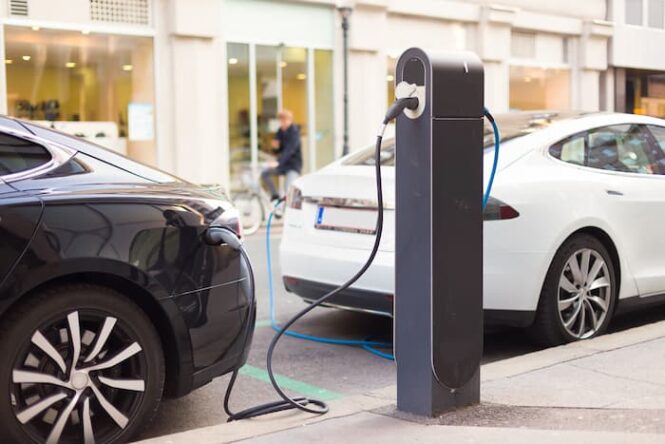
U.S. Access Board Seeks Public Comment on Proposed Rule for Electric Vehicle (EV) Charging Stations
On September 3, the U.S. Access Board published a notice of proposed rulemaking (NPRM) to amend the EV charging regulations and accessibility guidelines for buildings and facilities covered by the Americans with Disabilities Act of 1990 (ADA) and the Architectural Barriers Act of 1968 (ABA) to specifically address the accessibility of electric vehicle (EV) charging stations. This proposed rule provides specifications for the accessibility of EV charging stations, to include the EV charger (including physical and communication access), EV charging space, access aisles, and accessible routes. The public can review the docket and read background documents or comments received on the docket webpage.
“The Access Board seeks the public’s feedback and comments on our proposed rulemaking on EV charging stations. As technology advances, so must our accessibility standards to ensure that Americans with disabilities have equal access to advancements in technology, such as electric vehicles,” remarked Executive Director Sachin Pavithran. “This is an opportunity for the public to engage with the Access Board’s rulemaking, and we look forward to reviewing your public comments as we move our rulemaking efforts forward.”
More Posts on EV Charging Regulations
- ADA Regulations for EV Vehicles, Self-Service Kiosks & POS
- EV Charging Failing The Disabled
- Regulatory News – ADA POS, & EV Charging(Opens in a new browser tab)
- EV Charging ADA Considerations – a Kiosk Perspective
- EV Charging Standards – ANSI Roadmap of Standards and Codes
Background
There are several key regulations in place for EV charging stations in the United States:
- Installation, Operation, and Maintenance: Charging stations must meet specific standards for installation, operation, and maintenance. This includes having a minimum number of ports, types of connectors, and payment methods1.
- Interoperability: The infrastructure must be interoperable, meaning it should work seamlessly with different types of EVs and charging networks1.
- Accessibility: There are requirements to ensure that EV charging stations are accessible to all users, including those with disabilities. This includes provisions for accessible routes and operable parts2.
- Data and Connectivity: Charging stations must provide data on their locations, pricing, real-time availability, and accessibility. This information should be accessible through mapping applications1.
- Signage: Proper traffic control devices or on-premises signage must be installed in concert with the EV charging infrastructure
